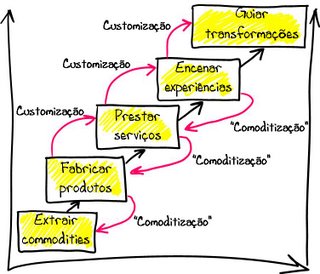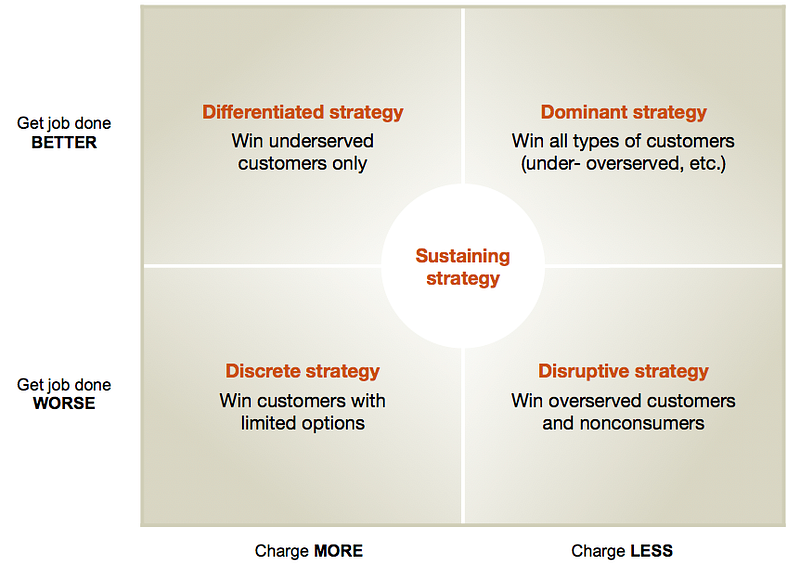Outra tendência de Mongo em sintonia com a explosão de tribos e de individualidade:
"Bigger than the internet: 3D printing...
Given that we’ve lived through global network formation, we need to open our minds about what 3D printing will do. It’s changed everything in our physical, human-created world. It’s created a fragmentation of the production process to the point where significant parts of human output are decentralised permanently.
In this sense our world becomes one, where everything is information, where knowledge is converted into actual objects and where the internet crosses the chasm from the virtual into the physical.
...
The fact that this part of the revolution is physical puts it directly into the ‘bigger than the internet’ category. All the web has done so far is change information distribution; that is, shift how we get data. Once we shift how we make things it starts to impact where and how we live as much as the industrial revolution did to the agricultural age. It affects what we can make. It affects what everyone owns because they will own their own version of everything. It affects significantly how people and companies will make money.
...
If you stop and take a look around the room you’re in right now you’ll notice that the number of widgets that come from factories is astounding. These kinds of widget will very soon be made in the home. But isn’t that the point? Who would want to own anything that’s designed for the masses when we can have a bespoke version and make our own tweaks.
...
We know we’re living through a change that’s human centric and giving the power back to the people. [Moi ici: Reparem bem na afirmação "change that’s human centric" e comparem com os receios do mainstream, o medo da automatização, o medo do desemprego em massa, o medo da ascensão dos robots. O que defendemos aqui? Que a explosão de tribos em Mongo tornará muita da automatização incapaz de lidar com a customização. A interacção e a necessidade da proximidade para a co-criação requererão empresas mais pequenas e ... "every laptop will be a corporation"] The accumulation of these ingredients leads to a rapid penetration of technology. We already believe. We just need to be informed of what 3D printing can do for us.
...
It’s clear that technology is disrupting industry and breaking down almost everything that was once mass. Just as large media has had to learn to share the stage with citizen journalism, the factory will soon be sharing the market with digital craftspeople operating out of their home. Desktop publishing is about to be joined by desktop manufacturing."
Trechos retirados de "The Great Fragmentation : why the future of business is small" de Steve Sammartino




























